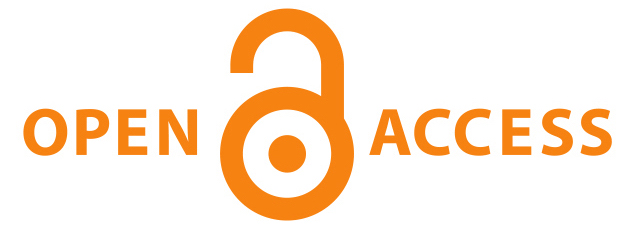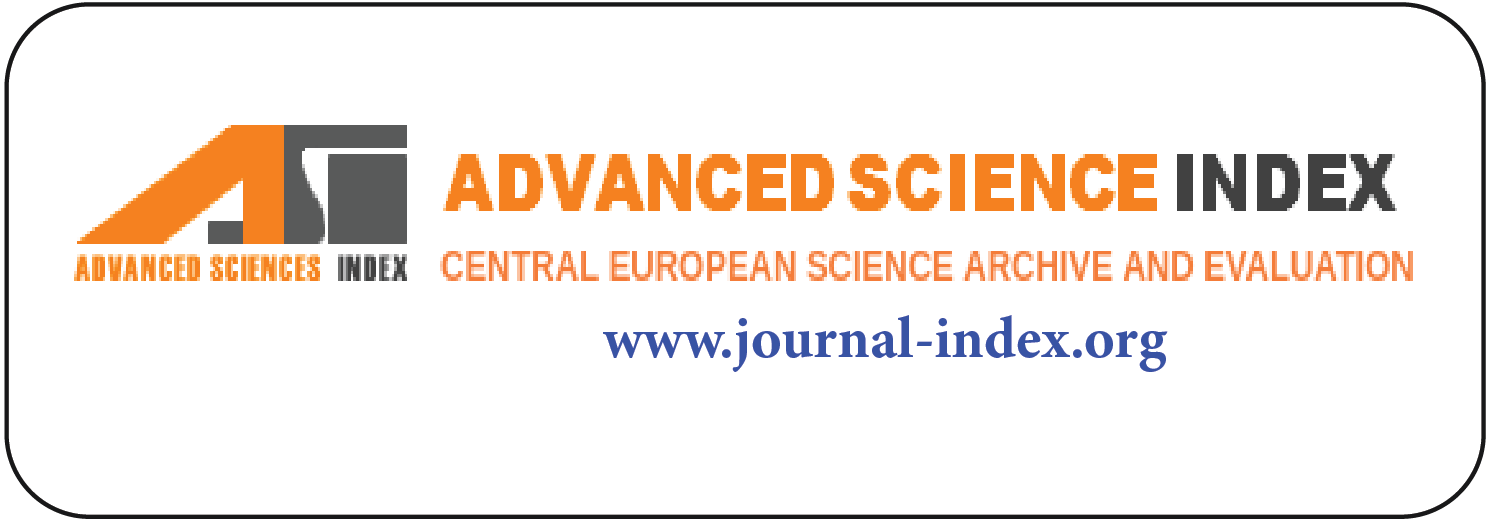Otherness in Arundhati Roy’s “The Ministry of Utmost Happiness”
DOI:
https://doi.org/10.56868/jadhur.v2i4.191Keywords:
The Other, Transgender, Poor, Inequality, Prejudice, Marginalization, Societal PrecarityAbstract
This research delves into an examination of the marginalization process by closely analyzing Arundhati Roy's work, "The Ministry of Utmost Happiness." The objective is to uncover how Roy employs her artistic prowess to bridge the gap between marginalized segments and the mainstream, thereby attempting to rejuvenate the former glory of the Indian societal framework. Through the lens of oriental discourse, this study scrutinizes the novel, particularly emphasizing the strategic foothold achieved within the established system through acts of rebellious creativity, unconventional thinking, and alternative lifestyles. This study elucidates the intricate interconnections among the novel's multi-layered narratives, which lay bare the harsh realities of society, such as the dire circumstances faced by minority groups, the degrading existence of transgender individuals, the lackluster state of governance, the struggles of Naxalites, instances of rape, murder, social inequality, and preconceived biases. In "The Ministry of Utmost Happiness," Arundhati Roy explores societal categorization through the lens of “Otherness”. Characters like Anjum embody the challenges faced by those deviating from societal norms, particularly in terms of transgender identity. The narrative extends this exploration to figures like Musaa and Talio, engaged in the Kashmiri conflict, highlighting a political form of “Otherness”. The central aim of this research is to identify and delve into India's marginalized "Others," encompassing the impoverished, those deemed as "apostates," outsiders, and third-gender individuals, who are often subjected to subjugation or victimization. This study focuses on the theory surrounding the analysis of orientalist discourse and focuses on the “Otherness” of the novel‘s main character Aunjum or Aftab who rejoice in their wretched condition and the survival creativity of these “Other” in their conditions of acute Precarity.
Downloads
Published
How to Cite
Issue
Section
License
Copyright (c) 2023 Journal of Advances in Humanities Research

This work is licensed under a Creative Commons Attribution 4.0 International License.
















